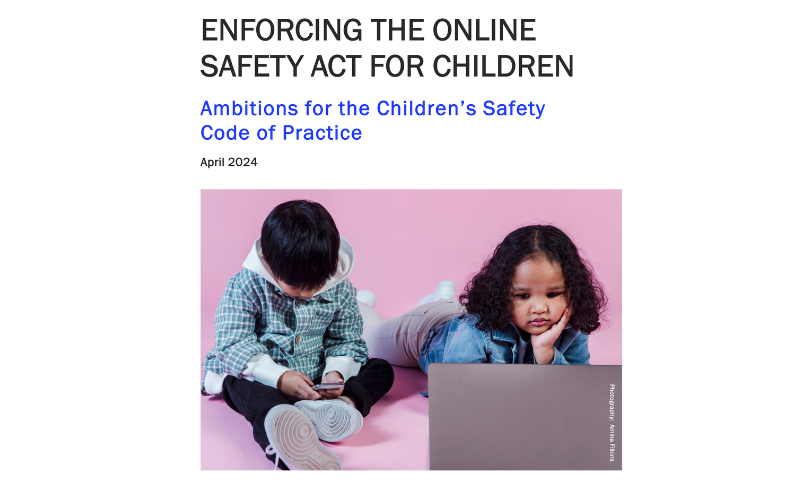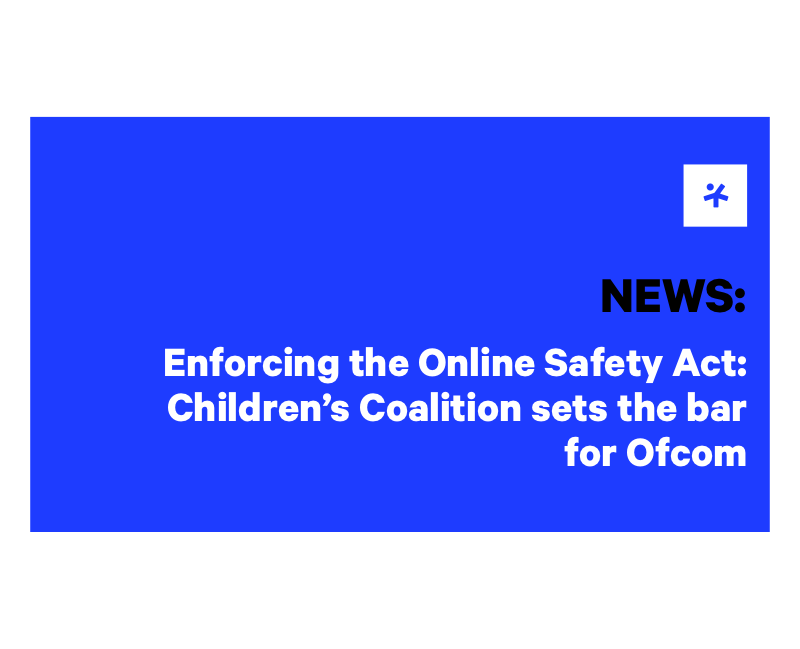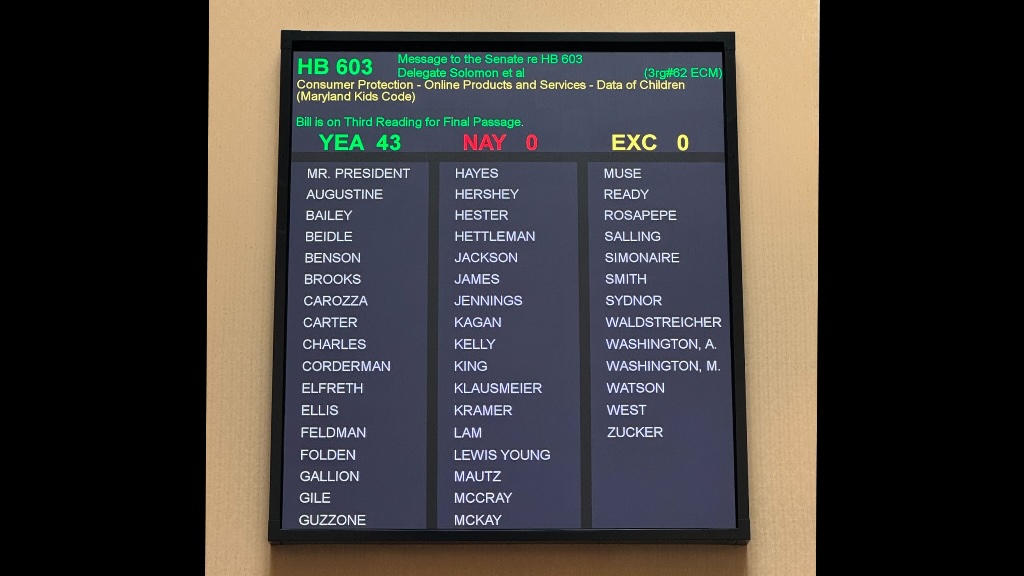European Commission unveils digital priorities
Yesterday (9 March), the European Commission published 2030 Digital Compass: the European way for the Digital Decade, in which the Commission gave a sense of its digital priorities. The Commission made clear that this will explicitly be underpinned by the rights of the child, among other fundamental rights. This comes at an exciting time for online protections, following the Commission’s plan for a Digital Services Act which was published late last year.
The EU’s stated ambition is to be digitally sovereign in an open and interconnected world, and to pursue digital policies that empower people and businesses to enjoy a human centred, sustainable and more prosperous digital future. This balance is important, and reflects the growing desire to move away from the ‘move fast and break things’ approach that dominated the early days of the internet.
The Digital Compass sets out how the Commission will approach driving the “digital transformation” of the EU over the next decade and sets some clear targets on skills, infrastructure, digitalisation of businesses and public services. This is underpinned by the development of a framework of digital rights and principles. It is significant and welcome that children’s rights are specifically mentioned as part of the principles, and in the context of the regulation of digital technologies and services.
The Commission’s Communication recognises the importance of digital skills for its citizens with special mention made for children online, flagging how such skills are required to “build a society which can trust digital products and online services, identify disinformation and fraud attempts, protect itself against cyberattacks, scams and fraud online, and in which children learn how to understand and navigate through the myriad of information they are exposed to online.”
The Commission also considers the reality of digital citizenship and the need for citizen’s rights to be protected and enforceable, stating clearly that the “digital technologies and services people use must be compliant with the applicable legal framework and respect the rights and values intrinsic to the “European way”… [and] also further enable people to enforce their rights, such as the rights to privacy and data protection, freedom of expression, the rights of the child and consumer rights.”
Perhaps most promisingly, the document highlights the need to set up a comprehensive set of digital principles that will inform users and guide policy makers and digital operators, including a secure and trusted online environment, which seeks to “protect and empower children in the online space”.
Following a wider consultation process, the Commission will publish a “Digital policy programme” operationalising the Communication at the end of summer and agreement on the Digital Principles by end of the year.
The final document is available here, and 5Rights looks forward to working with the Commission to help build the digital world that young people deserve.





